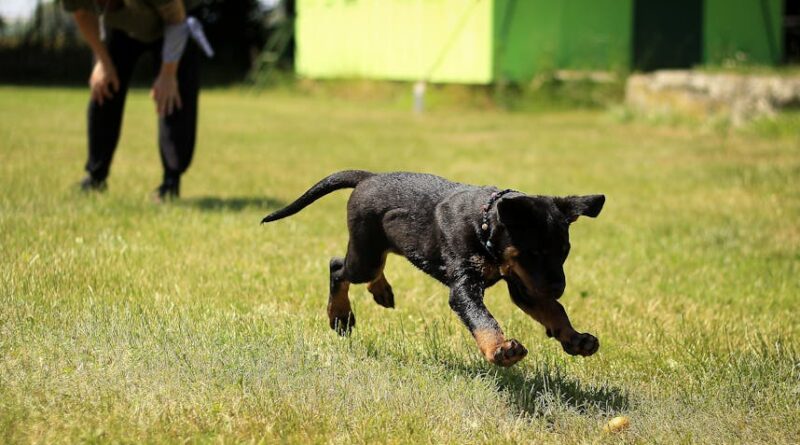Tips for Finding the Right Dog Trainer
Are you a dog owner looking for the perfect trainer to help your furry friend reach their full potential? Finding the right dog trainer can make a world of difference in your pet’s behavior, obedience, and overall well-being. With so many options available, it can be overwhelming to choose the best fit for you and your canine companion. In this comprehensive guide, we will explore the essential tips for finding the right dog trainer to ensure a positive and successful training experience.
The Importance of Dog Training
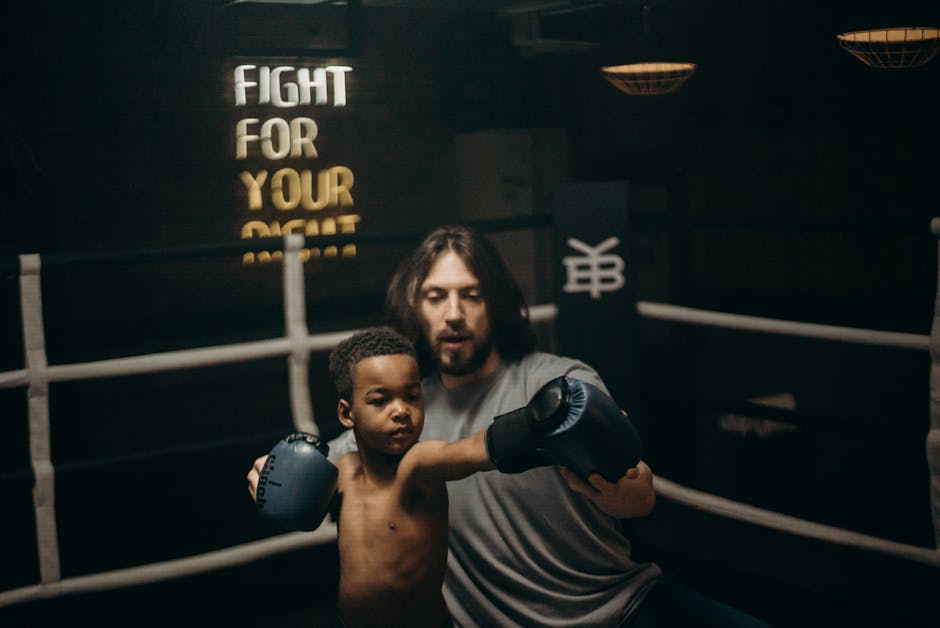
Dog training is more than just teaching your pet basic commands; it is about building a strong bond based on trust, respect, and clear communication. Proper training can help address behavioral issues, improve socialization skills, and enhance the overall quality of life for both you and your dog. A well-trained dog is not only a joy to be around but also a safer and happier member of your family.
Evaluating Your Needs
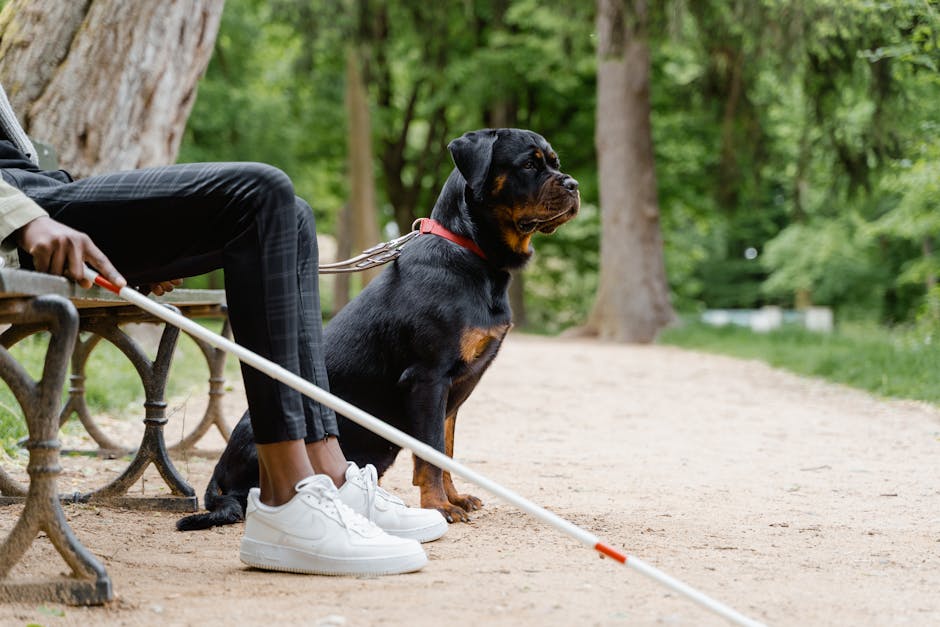
Before beginning your search for a dog trainer, take some time to evaluate your specific needs and goals. Are you looking to address specific behavioral problems, such as aggression or anxiety? Do you want to teach your dog basic commands or advanced tricks? Understanding what you hope to achieve through training will help you find a trainer who specializes in the areas you need most.
Qualities to Look for in a Dog Trainer
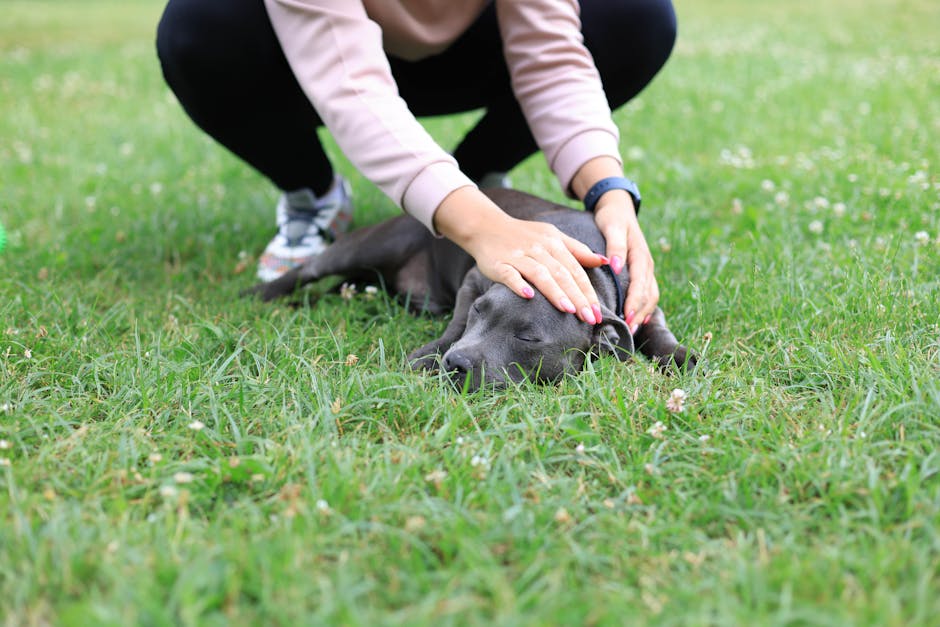
When searching for a dog trainer, there are several key qualities to consider to ensure you find the right fit for you and your dog:
1. Experience
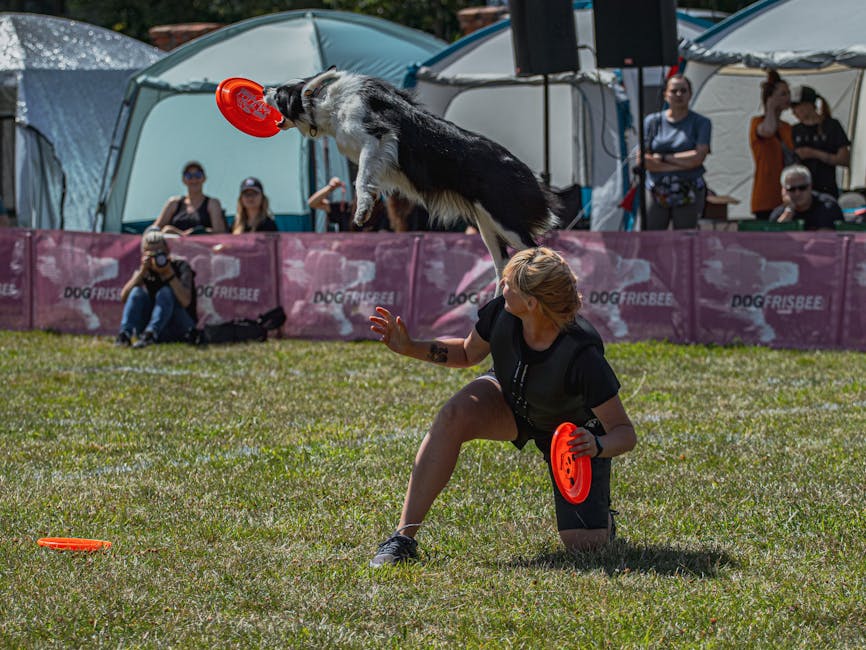
An experienced dog trainer will have a proven track record of success working with a variety of breeds and behavior issues. Look for a trainer who has extensive experience in the specific areas you are looking to address with your dog.
2. Training Methods
Every dog trainer has their own unique training methods and philosophies. It is essential to find a trainer whose techniques align with your beliefs and values regarding dog training. Whether you prefer positive reinforcement, clicker training, or another approach, make sure the trainer’s methods resonate with you.
3. Credentials and Certifications
While dog training is primarily an unregulated industry, certifications and credentials can indicate a trainer’s dedication to their craft and ongoing education. Look for trainers who have completed reputable certification programs or are members of professional organizations such as the Association of Professional Dog Trainers (APDT).
4. References and Reviews
Before committing to a dog trainer, ask for references from past clients or read online reviews to get a sense of the trainer’s reputation and success rate. Hearing about other pet owners’ experiences can give you valuable insight into what to expect from a particular trainer.
5. Compatibility
Building a strong rapport with your dog trainer is crucial for a successful training experience. Pay attention to how you and your dog connect with the trainer during the initial consultation. A good trainer will be patient, understanding, and able to communicate effectively with both you and your pet.
6. Customization
Every dog is unique, with individual learning styles and personalities. A great dog trainer will tailor their approach to meet your dog’s specific needs, rather than using a one-size-fits-all method. Look for a trainer who is willing to adapt their training techniques to suit your dog’s temperament and behavior.
7. Continued Support
Training is an ongoing process that requires consistency and dedication. A good dog trainer will provide you with the tools and resources you need to continue reinforcing positive behaviors at home. Look for a trainer who offers follow-up sessions, support materials, or access to a community of fellow pet owners.
Expert Opinions
We reached out to several dog training experts to get their insights on finding the right dog trainer:
Dr. Sarah Jones, Certified Dog Behavior Consultant: “When looking for a dog trainer, ask about their approach to handling behavioral issues. A trainer who focuses on positive reinforcement and building trust with the dog is more likely to see long-lasting results.”
John Smith, Professional Dog Trainer: “Credentials and certifications are important, but don’t overlook the importance of personal compatibility. You and your dog should feel comfortable and at ease with the trainer you choose.”
Common Misconceptions
There are several common misconceptions about dog training that can impact how pet owners approach finding the right trainer:
Myth: Only “problem” dogs need training. In reality, all dogs can benefit from training, regardless of their behavior. Training helps strengthen the bond between you and your pet and can prevent future issues from arising.
Myth: Dog training is expensive. While some trainers may have higher fees, investing in proper training can save you money in the long run by preventing costly behavior problems or vet bills.
Conclusion
To wrap things up, finding the right dog trainer is a crucial step in ensuring a positive and successful training experience for you and your furry friend. By evaluating your needs, considering key qualities in a trainer, and seeking out expert opinions, you can make an informed decision that will benefit both you and your dog in the long run. Remember, dog training is an investment in your pet’s well-being and a rewarding journey that will strengthen your bond for years to come.

